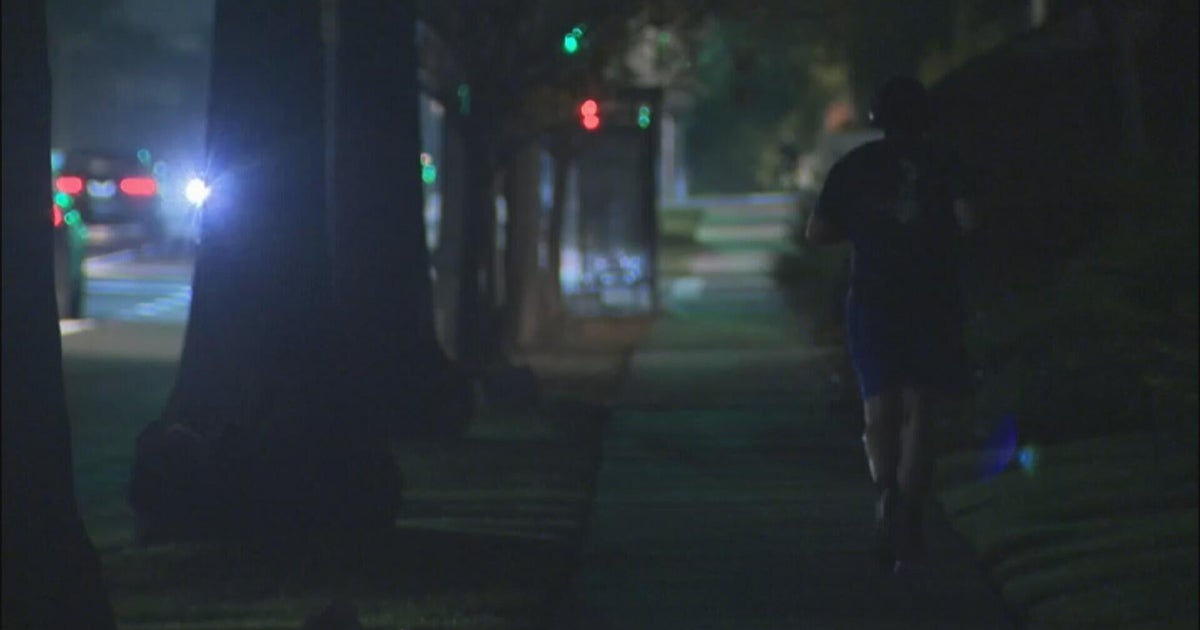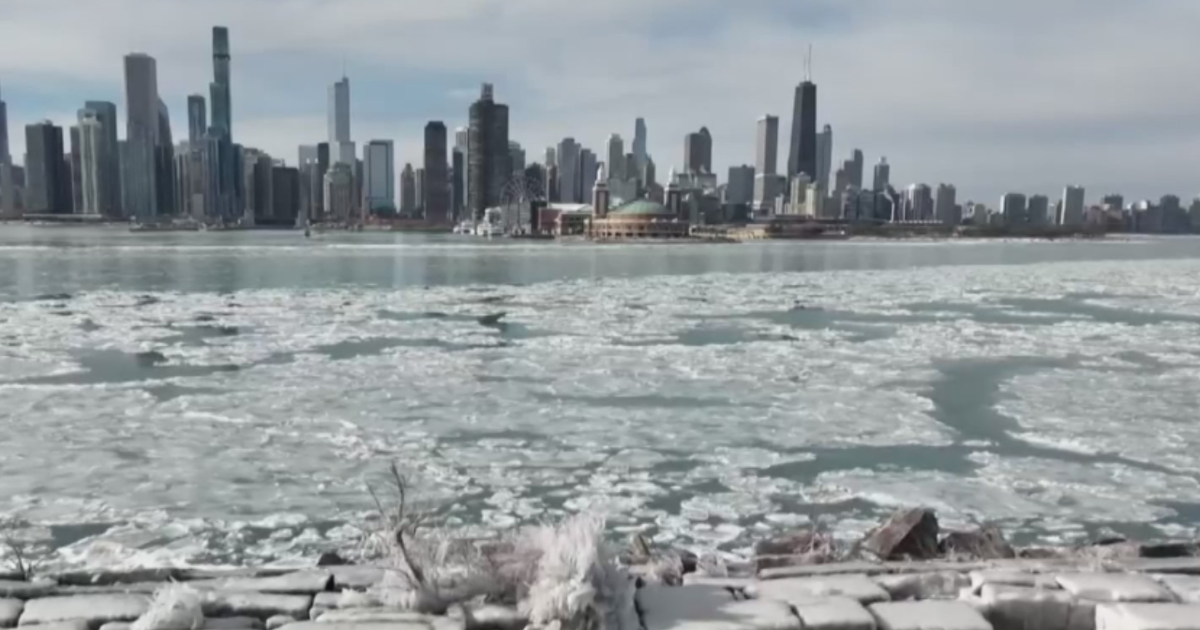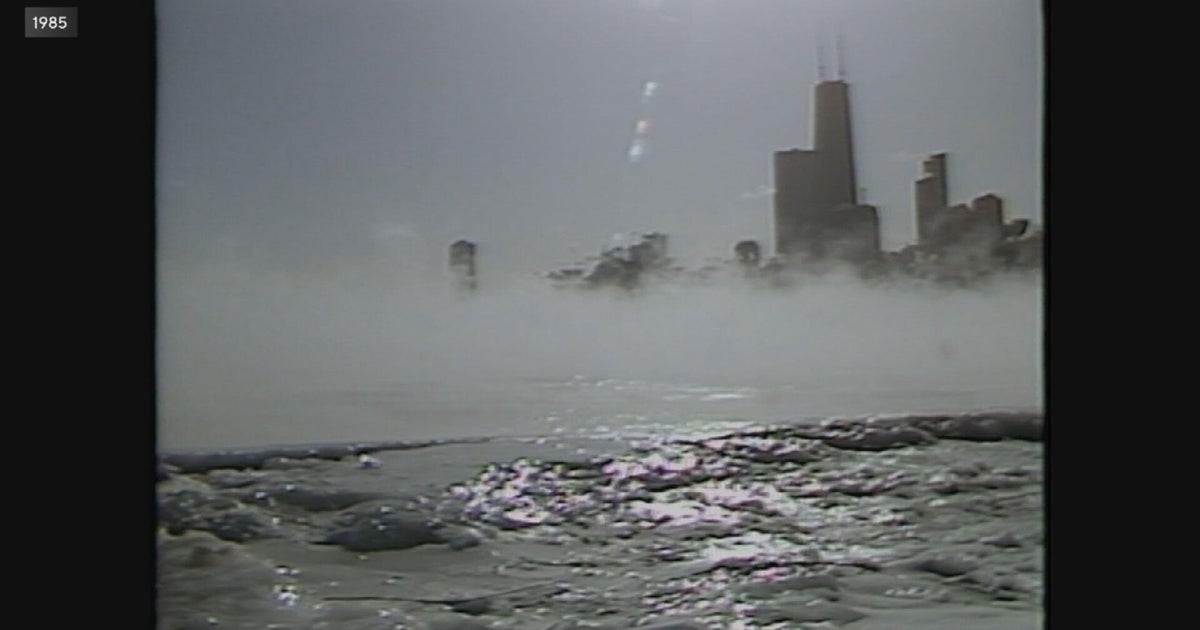Los Angeles is painting some of its streets white and the reasons why are pretty cool
In the race to combat climate change, the city of Los Angeles is employing a surprising new tactic -- covering its streets in a grayish-white coating known as CoolSeal. It's sprayed onto the roadway with trucks, then spread across the surface with squeegees. However, its impact extends far beyond the edge of the pavement.
Los Angeles, like so many other modern cities, is encased in thousands of miles of asphalt. And dark-colored asphalt absorbs between 80 and 95 percent of the sun's rays, heating up not just the streets themselves but the entire surrounding area. So when temperatures in Southern California rise above 100 degrees Fahrenheit, surface temperatures on its asphalt roads can climb to 150. It exacerbates a phenomenon known as the "urban heat island effect," which the EPA says can add up to 22 degrees Fahrenheit to the average air temperature in a city, compared to the surrounding area.
CoolSeal, which is made by a company called GuardTop, helps to reflect solar rays off asphalt so that less heat is actually absorbed. And according to the Bureau of Street Services, the L.A. streets that have been rendered lighter in color with CoolSeal are 10 to 15 degrees cooler on average than the L.A. streets that have not. That, in turn, keeps the neighborhood from heating up quite as much. Buildings in the area don't need to use quite as much air conditioning, which can curb costs, benefiting residents' wallets and the environment.
By cooling the ambient air, lighter-colored asphalt can also help prevent heat-related illnesses and deaths. Its higher reflectivity can save on energy needed to illuminate streets and parking lots when the sun starts to set. And according to the EPA, the air pollution, greenhouse gas emissions and water quality depletion driven by heat islands can be mitigated by cool pavements as well.
The innovative sealcoat is admittedly very pricey, with L.A. reportedly footing a $40,000 bill for every mile it "paints." But advocates say its benefits may just be priceless.






